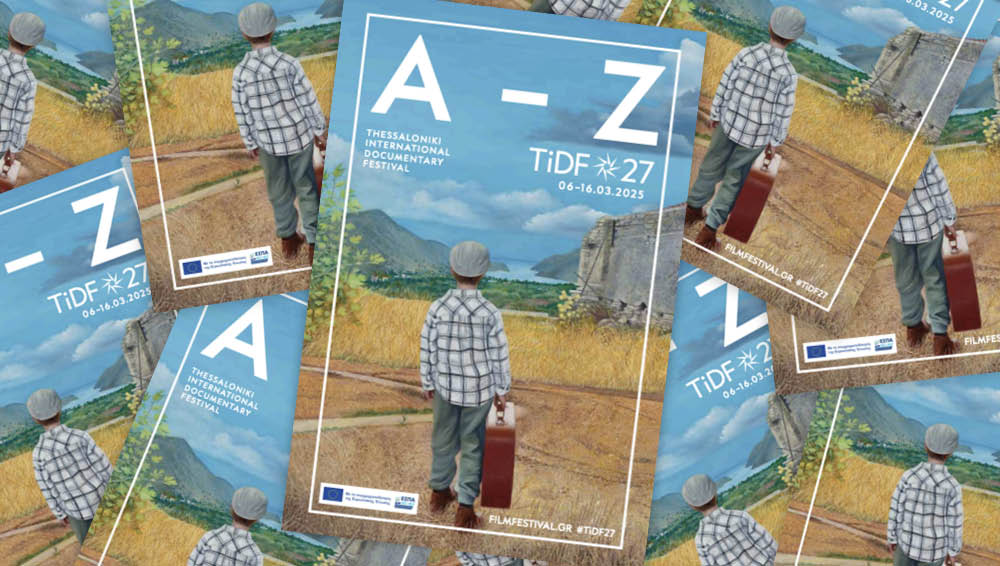PRESS RELEASE
THESSALONIKI INTERNATIONAL FILM FESTIVAL
CONCLUSIONS OF THE INTERNATIONAL CONFERENCE
“TRACING FILM LITERACY IN A TRANSNATIONAL LEVEL // GREECE-POLAND-HUNGARY”
THESSALONIKI INTERNATIONAL FILM FESTIVAL
CONCLUSIONS OF THE INTERNATIONAL CONFERENCE
“TRACING FILM LITERACY IN A TRANSNATIONAL LEVEL // GREECE-POLAND-HUNGARY”
The conference, organized by the Thessaloniki International Film Festival in collaboration with Spoleczna Akademia Nauk (Poland) and Laterna Magica (Hungary), inaugurated Film Paths, a multilayered action plan that focuses on the current status of film literacy in the educational systems of Greece, Poland and Hungary, proposing various strategies and approaches.
In his opening speech, the General Secretary of the Ministry of Education, Research & Religious Affairs, Mr. Ioannis Pantis, highlighted the importance of film education and the Ministry’s intention to approach education quality-wise, ensuring thus its further development within a wider cultural context.
The conference took place with the contribution of distinguished speakers with an academic or professional interest in Film and Education, featuring representatives of the three participating countries (Greece, Poland and Hungary).
The main subject of the conference was thoroughly approached through different angles, providing thus the opportunity to exchange ideas, share views and perspectives, as well as to propose alternative solutions with regards to film literacy in education.
By demonstrating the current state of film literacy in the above three European countries, the main sections of the conference offered an overall assessment of the situation and brought to surface the absence rather than the presence of film literacy in the current structured cultural and educational policy models. It was concluded that the policies active today, should be re-evaluated with the purpose of introducing film literacy in the official education.
The theory-based, as well as the practice-oriented workshops of the conference demonstrated through their diverse approaches the great potential of film as a learning tool, recommending model practices and implementation methods. Special emphasis was given to the social dimension of art, the significance of a cross-sectional approach to knowledge, as well as the audience’s familiarity with the European film culture with regards to the ways this may contribute in the creation of a common European identity.















